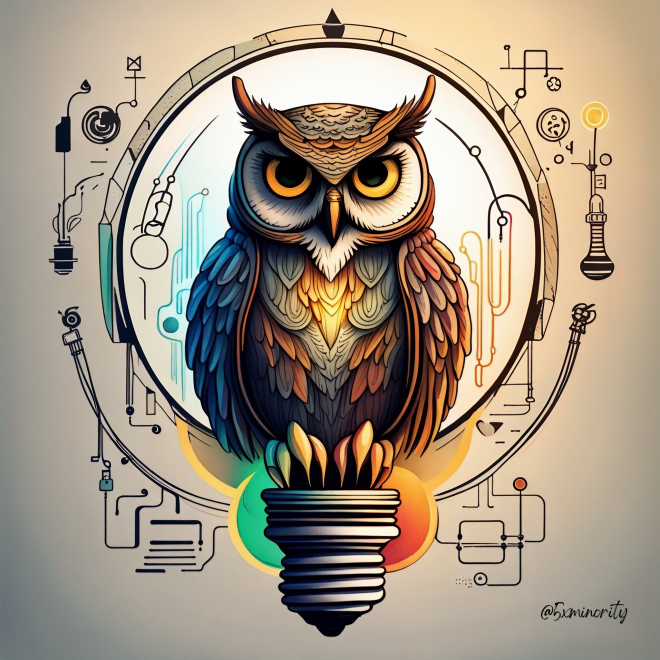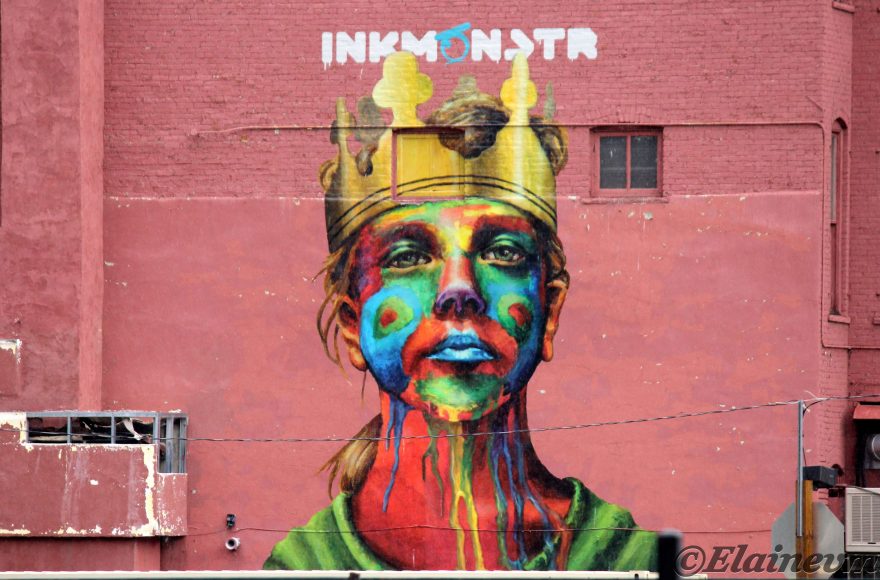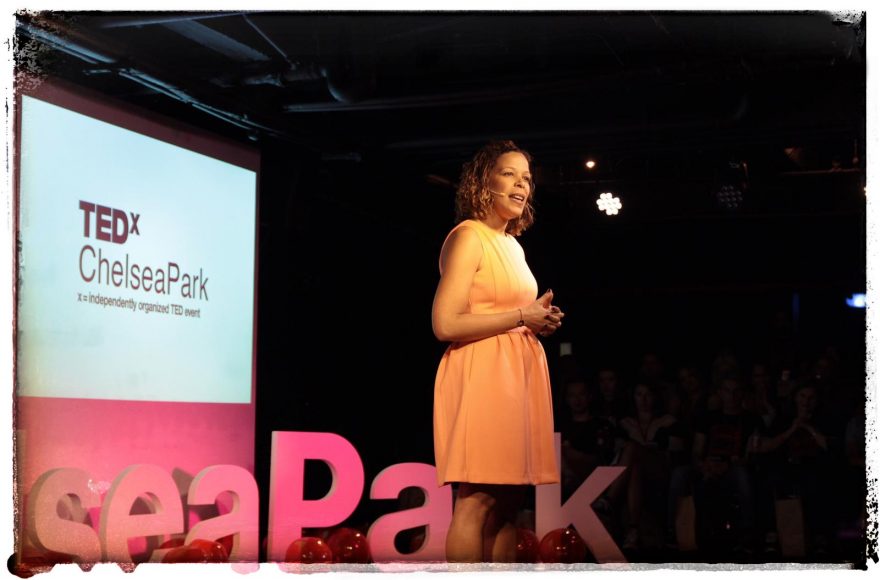I’ve been thinking a lot about the term ‘soft skills’ lately. It’s a phrase that tends to get tossed around quite a bit, but what does it truly mean? And why, as we continue to ride the wave of AI-driven transformation, are these ‘soft skills’ becoming more crucial than ever before? Well, stick around, and let’s get into it.
‘Soft skills,’ despite the name, aren’t soft at all. They are the bedrock of effective communication, leadership, and, frankly, being a decent human being. These skills encompass our emotional intelligence, empathy, adaptability, collaboration skills, critical thinking, and conflict resolution abilities. They’re also about our knack for problem-solving, creativity, resilience, and the list goes on. See what I mean? Not so ‘soft,’ right?
In an era marked by the rise of AI, where technical skills can become obsolete overnight, these ‘soft skills’ are becoming increasingly essential. They’re our ‘human’ skills, and no machine learning algorithm or generative AI can replicate them fully.
As leaders, understanding the importance of these skills is not only beneficial; it’s vital. Here are some of the reasons why:
- Fosters Deeper Connections: The world isn’t just digital; it’s personal. Soft skills allow us to connect, engage, and create meaningful relationships within our teams. These deeper connections aren’t just about warm, fuzzy feelings—they have real, tangible benefits. Teams that have deep connections report higher levels of job satisfaction, perform better, and show higher levels of creativity and problem-solving abilities. And all of this leads to a more successful organization overall.
- Enhances Decision-Making: Effective decision-making isn’t just about data. It’s about understanding people, their motivations, and their needs. Empathy, active listening, and critical thinking, all soft skills, aid in making sound, well-rounded decisions. For example, emotional intelligence can help understand team dynamics and predict the impact of a decision on employee morale. The leader can then rely on their communication skills to ensure clarity, reduce misunderstandings and foster buy-in from all stakeholders.
- Promotes Adaptability: Our world is changing rapidly, and so is the tech industry. The ability to adapt, be resilient, and manage change – all soft skills – is crucial to surviving and thriving in these changing times. In an ever-changing business landscape, skills like resilience and emotional intelligence allow employees to navigate changes without becoming overwhelmed. Excellent communication fosters transparency, ensuring everyone is on the same page during times of change. Problem-solving skills enable us to find effective solutions when faced with new challenges. Additionally, a positive attitude and openness to feedback, inherent in individuals with well-developed soft skills, enable a constant learning mindset. Therefore, employees equipped with these soft skills are not only able to adapt more easily but can also turn the uncertainties of change into opportunities for growth and innovation.
- Drives Innovation: Soft skills like creativity, collaboration, and problem-solving are at the heart of innovation. They stimulate the free flow of ideas and foster an environment where everyone feels valued and heard. Emotional intelligence allows team members to give and receive constructive feedback, encouraging continual improvement. Problem-solving skills can transform challenges into opportunities, driving creative solutions. Most importantly, adaptability and resilience, quintessential soft skills, help teams navigate the uncertainties that innovation often entails. Thus, soft skills are not just ‘nice-to-have’; they are essential drivers of innovation, facilitating an environment that allows new ideas to thrive and grow.
But understanding these skills isn’t enough. We need to actively cultivate them within ourselves and our teams. That means creating an environment where people feel safe to express themselves, where failure is seen as an opportunity to learn, and where everyone is encouraged to bring their full selves to work every day.
So, what’s the call to action here? Start by taking a close look at your own skillset. How’s your emotional intelligence? How do you handle conflict, and how well do you adapt to change? Then, look at your team. Are there opportunities to foster better collaboration or enhance communication? Remember, improvement begins with awareness and nobody expects you to be perfect at it.
We’re entering an era where our humanity, our ability to connect and empathize, to adapt and to innovate, will be our greatest assets. As we navigate this exciting AI-driven future, let’s leave the term ‘soft skills’ behind. Instead, let’s recognize these skills for what they truly are – essential human skills, the hard-core necessities for our personal and professional growth.
My hope is that this article has given you some food for thought. Now it’s over to you. Let’s start prioritizing these essential skills and see the difference they can make. Let’s redefine ‘soft skills’ and champion them as the robust, invaluable assets they truly are.
Remember, the future may be AI, but it’s us, “the people”, who make the magic happen!






1 comment